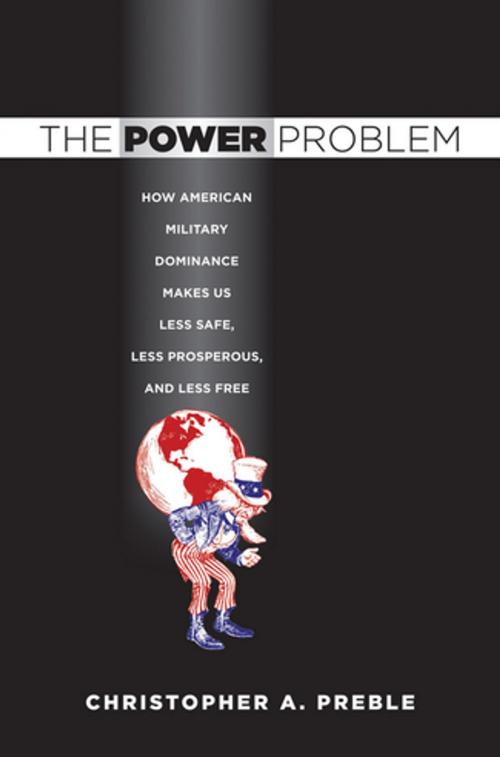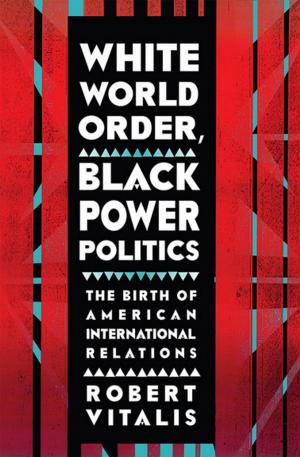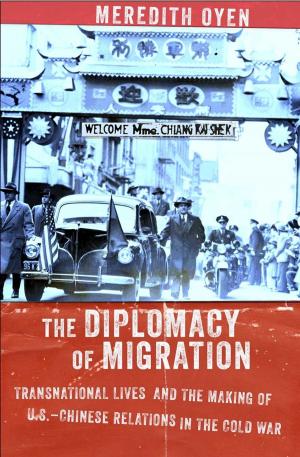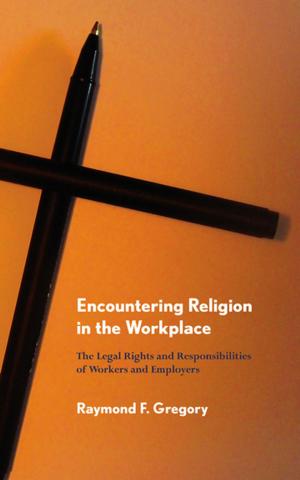The Power Problem
How American Military Dominance Makes Us Less Safe, Less Prosperous, and Less Free
Nonfiction, Social & Cultural Studies, Political Science, International, International Security| Author: | Christopher A. Preble | ISBN: | 9780801457913 |
| Publisher: | Cornell University Press | Publication: | December 15, 2009 |
| Imprint: | Cornell University Press | Language: | English |
| Author: | Christopher A. Preble |
| ISBN: | 9780801457913 |
| Publisher: | Cornell University Press |
| Publication: | December 15, 2009 |
| Imprint: | Cornell University Press |
| Language: | English |
Numerous polls show that Americans want to reduce our military presence abroad, allowing our allies and other nations to assume greater responsibility both for their own defense and for enforcing security in their respective regions. In The Power Problem, Christopher A. Preble explores the aims, costs, and limitations of the use of this nation's military power; throughout, he makes the case that the majority of Americans are right, and the foreign policy experts who disdain the public's perspective are wrong.
Preble is a keen and skeptical observer of recent U.S. foreign policy experiences, which have been marked by the promiscuous use of armed intervention. He documents how the possession of vast military strength runs contrary to the original intent of the Founders, and has, as they feared, shifted the balance of power away from individual citizens and toward the central government, and from the legislative and judicial branches of government to the executive. In Preble's estimate, if policymakers in Washington have at their disposal immense military might, they will constantly be tempted to overreach, and to redefine ever more broadly the "national interest."
Preble holds that the core national interest—preserving American security—is easily defined and largely immutable. Possessing vast military power in order to further other objectives is, he asserts, illicit and to be resisted. Preble views military power as purely instrumental: if it advances U.S. security, then it is fulfilling its essential role. If it does not—if it undermines our security, imposes unnecessary costs, and forces all Americans to incur additional risks—then our military power is a problem, one that only we can solve. As it stands today, Washington's eagerness to maintain and use an enormous and expensive military is corrosive to contemporary American democracy.
Numerous polls show that Americans want to reduce our military presence abroad, allowing our allies and other nations to assume greater responsibility both for their own defense and for enforcing security in their respective regions. In The Power Problem, Christopher A. Preble explores the aims, costs, and limitations of the use of this nation's military power; throughout, he makes the case that the majority of Americans are right, and the foreign policy experts who disdain the public's perspective are wrong.
Preble is a keen and skeptical observer of recent U.S. foreign policy experiences, which have been marked by the promiscuous use of armed intervention. He documents how the possession of vast military strength runs contrary to the original intent of the Founders, and has, as they feared, shifted the balance of power away from individual citizens and toward the central government, and from the legislative and judicial branches of government to the executive. In Preble's estimate, if policymakers in Washington have at their disposal immense military might, they will constantly be tempted to overreach, and to redefine ever more broadly the "national interest."
Preble holds that the core national interest—preserving American security—is easily defined and largely immutable. Possessing vast military power in order to further other objectives is, he asserts, illicit and to be resisted. Preble views military power as purely instrumental: if it advances U.S. security, then it is fulfilling its essential role. If it does not—if it undermines our security, imposes unnecessary costs, and forces all Americans to incur additional risks—then our military power is a problem, one that only we can solve. As it stands today, Washington's eagerness to maintain and use an enormous and expensive military is corrosive to contemporary American democracy.















